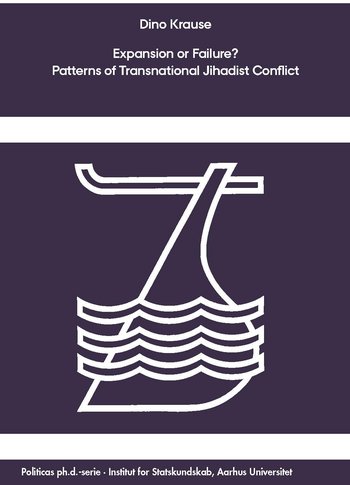Dino Krause
Expansion or Failure? Patterns of Transnational Jihadist Conflict

This dissertation investigates the evolution of intrastate armed conflicts involving groups linked to al-Qaeda and the Islamic State (IS). Bridging the empirical peace and conflict literature and the field of jihadism studies, it generates important insights about both the emergence and the resilience of transnational jihadist conflicts. On one hand, it addresses the question of their emergence, finding that transnational jihadist conflicts are more likely to take place in contexts of highly repressive states. Moreover, higher levels of bureaucratic state capacity are found to correlate with a lower likelihood of al-Qaeda and IS to establish themselves as conflict parties. A regional study of South Asia further finds that political openness can provide local populations with nonviolent alternatives to express grievances, thereby potentially complicating the rise of al-Qaeda and IS. The study of South Asia also shows that when local Islamist groups already make use of external support channels other than al-Qaeda and IS, these latter organizations may appear less attractive as affiliation partners. On the other hand, as regards the question of resilience, the dissertation shows that foreign fighter recruitment and transnational operations, often mentioned as key obstacles for conflict resolution, are not sufficient in explaining the lack of negotiations in transnational jihadist conflicts. Rather, a high degree of variation along both variables is identified amongst a sample of 20 jihadist affiliate groups, suggesting that some of these conflicts may offer avenues for peace negotiations in the future.
![]() Ophavsretten tilhører Politica. Materialet må ikke bruges eller distribueres i kommercielt øjemed.
Ophavsretten tilhører Politica. Materialet må ikke bruges eller distribueres i kommercielt øjemed.